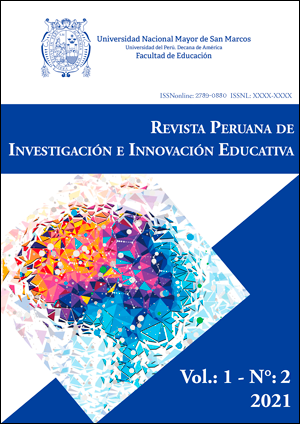Educational Municipalization: Reflections Based on Three Experiences in Latin America
DOI:
https://doi.org/10.15381/rpiiedu.v1i2.21040Keywords:
municipalization, decentralization, educational management, educational qualityAbstract
The objective of this article is to review the process of municipalization of educational management that took place during the period 2007 to 2011 in Peru and to reflect on other models in our region. Therefore, we will review the Peruvian, Brazilian and Chilean models considering that there is no single model. Using a qualitative approach that considers a systematic review, we have analyzed documentation that included criteria of origin, subject matter and temporality. The results indicate that in the Peruvian case there was a rush in the implementation of municipalization and as a consequence there was a duplication of functions; while Chile has begun to de-municipalize educational management, due to the mercantilist approach undermining public education. In the case of Brazil, a public education is presented that has total autonomy at all levels of government, which facilitates the municipalization of public education without this meaning that there are no complications in practice. We can conclude that, in our region, municipalization has had multiple approaches, orientations, and the issue of decentralizing education has many edges to explore.
Downloads
Published
Issue
Section
License
Copyright (c) 2021 Gisella Azucena Pérez Lozada

This work is licensed under a Creative Commons Attribution 4.0 International License.
AUTHORS RETAIN THEIR RIGHTS:
The authors retain their trademark and patent rights, and also on any process or procedure described in the article.
The authors retain the right to share, copy, distribute, execute and publicly communicate the article published in Revista peruana de investigación e innovación educativa (for example, place it in an institutional repository or publish it in a book), with an acknowledgment of its first publication in Revista peruana de investigación e innovación educativa.
The authors retain the right to make a subsequent publication of their work, to use the article or any part of it (for example: a compilation of their works, notes for conferences, thesis, or for a book), provided that they indicate its first publication in Revista peruana de investigación e innovación educativa (referencing authors of the work, journal, volume, number and date).






